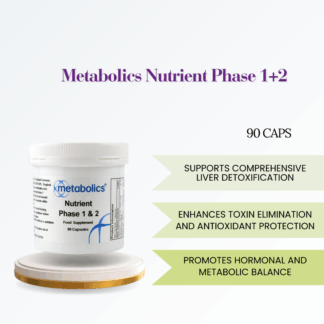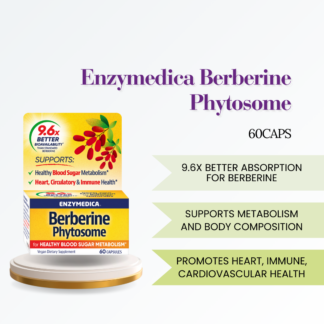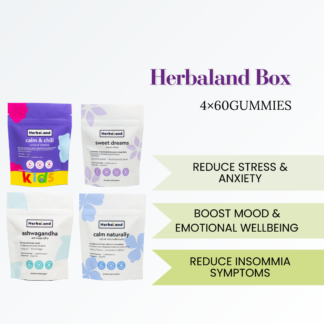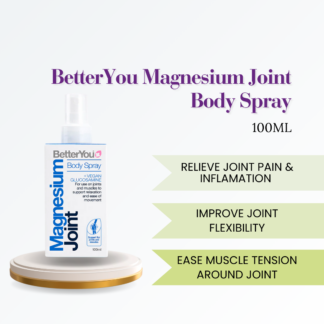Humans need 13 different vitamins to sustain life and health. If we do not take in enough of a particular vitamin our bodily supplies decrease and a deficiency ensues.
Of the 13 vitamins our bodies need, one is B12. It is unique because it is the only vitamin that cannot be obtained from plants or sunlight (as plants do not need B12, so do not produce or store it), it is produced by bacteria in the gut of animals and absorbed in the small intestine.
Best Before: Out of Stock
Humans need 13 different vitamins to sustain life and health. If we do not take in enough of a particular vitamin our bodily supplies decrease and a deficiency ensues.
Of the 13 vitamins our bodies need, one is B12. It is unique because it is the only vitamin that cannot be obtained from plants or sunlight (as plants do not need B12, so do not produce or store it), it is produced by bacteria in the gut of animals and absorbed in the small intestine. Therefore to obtain B12 from the diet you need to eat animal products- meat, fish, or dairy products. However, even a diet high in these foods may not supply enough B12.
In fact, it is remarkably easy to become deficient in B12 as many people can neither absorb nor use B12.
Vegans and vegetarians are particularly prone to deficiency. The route that B12 takes from the mouth to the blood is complex and there can be problems at any point.
INGREDIENTS: Purified Water, Methylcobalamin
SUITABLE FOR
DIRECTIONS / DOSAGE: Recommended dose 1 drop per day in the water with food. The stated recommended dose can be changed as directed by your healthcare practitioner. Do not exceed this recommended dose. Consume within 3 months of opening.
Anybody at any age can become deficient but people may be at an increased risk if they are:
All forms of B12 are stable when protected from the light. Light exposure cleaves the cyanide with the production of hydroxocobalamin. The B12’s have optimal stability at a PH4.00-4.5, even at higher temperatures.
In the presence of acid or alkaline mediators the presence of reducing agents such as ascorbic acid, the vitamin is destroyed to a greater extent.
It is therefore advisable that B12 is not to be taken with fruit juice.
| Weight | 250 g |
|---|---|
| Expiry Date | Nov-26 |





Enjoy free shipping when you spend $60 or more on your order.
Enter Voucher Code: firstorderdiscount
What others are saying
There are no contributions yet.